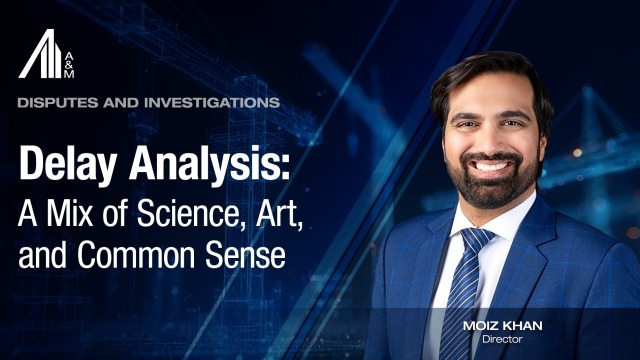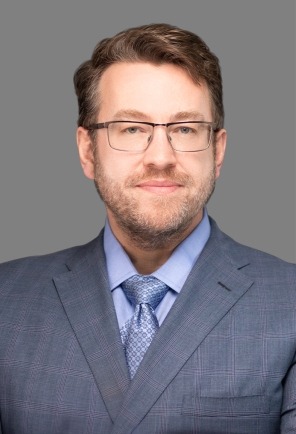Anti-Corruption Developments for the Life Sciences Industry in the Americas
In a recent virtual panel session “Anti-Corruption Developments for the Life Sciences Industry in the Americas” recorded for the Boston Bar Association’s 2021 Virtual White-Collar Crime Conference, Managing Directors Steve Spiegelhalter and Sergio Fernando Moro, along with James Koukios, Partner and FCPA + Global Anti-Corruption Co-Chair at Morrison & Foerster, LLP, discussed recent trends in anti-corruption enforcement for life sciences companies operating in Latin America.
Anti-corruption enforcement under the U.S. Foreign Corrupt Practices Act (FCPA) has been particularly active in the life sciences industry since 2002 and up through 2020. Moreover, increasing international cooperation in the realm of foreign bribery, including the anti-corruption wave that began in Brazil and spread across the broader Latin America region over the past decade, has led to expanded regulatory scrutiny around bribery and corruption practices in the region. Brazil’s Clean Company Act (2013), for example, targets bribery and corruption activities for companies doing business in Brazil and other similar laws have been enacted in other countries in the region. This anti-corruption trend puts increasing pressure on companies to successfully navigate the various local or international regulatory regimes.
For life sciences companies in particular, numerous touchpoints with government agencies or employees have increased government scrutiny and allegations that companies have engaged in pay-to-prescribe and pay-to-play schemes. The COVID-19 pandemic has increased pressure on the life sciences industry to address new challenges and has ultimately introduced new risks around bribery and corruption activity. To help mitigate these risks, life sciences companies should regularly conduct risk assessments and periodically update their compliance programs to address new and existing risks and conduct investigations when an issue arises.
Watch the full panel discussion here.
*This panel webinar was originally included in the Boston Bar Association’s 2021 Virtual White-Collar Crime Conference hosted on February 4, 2021


